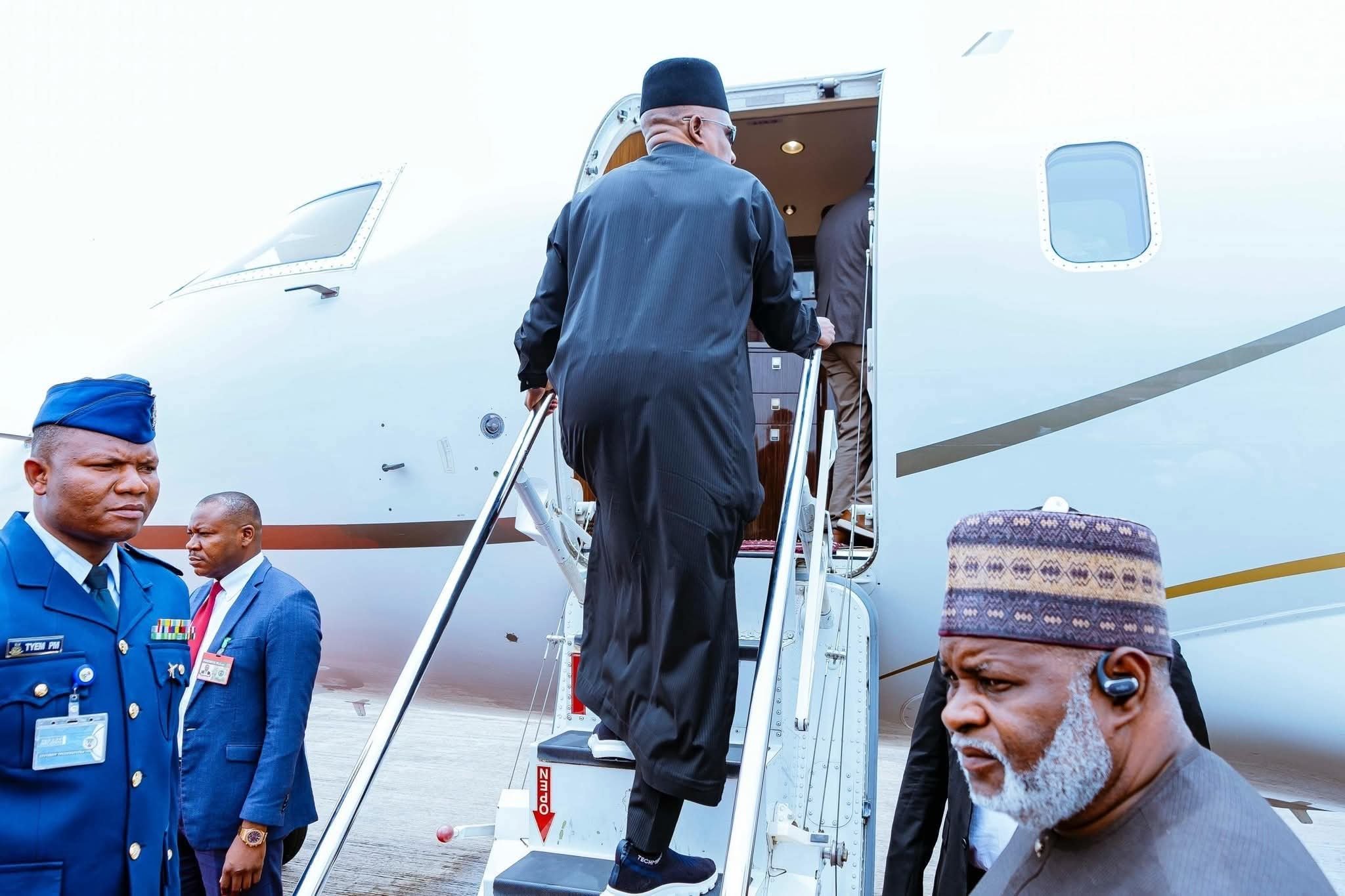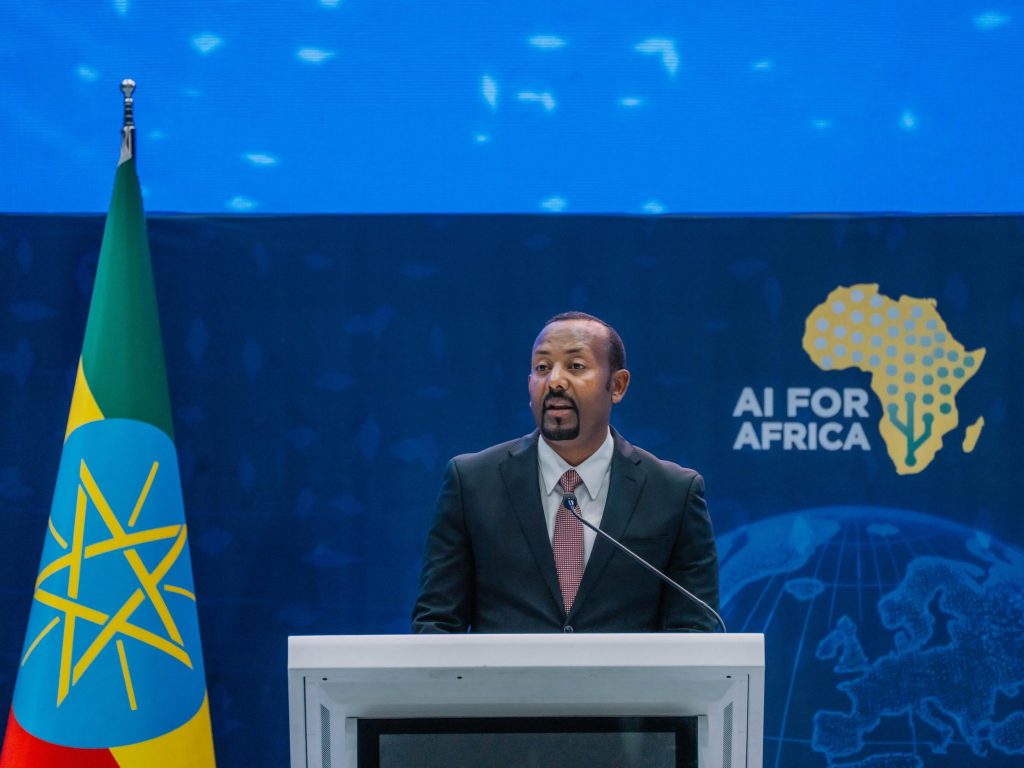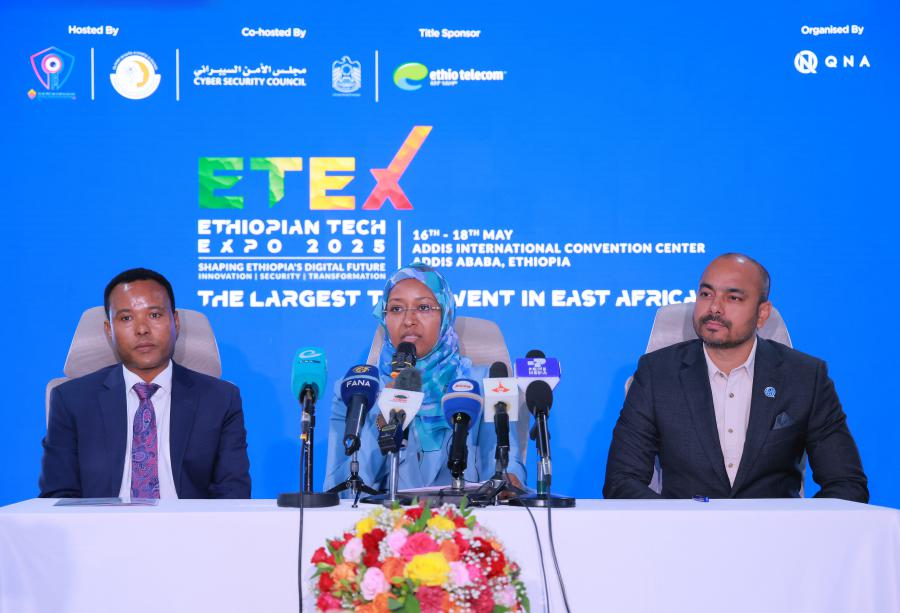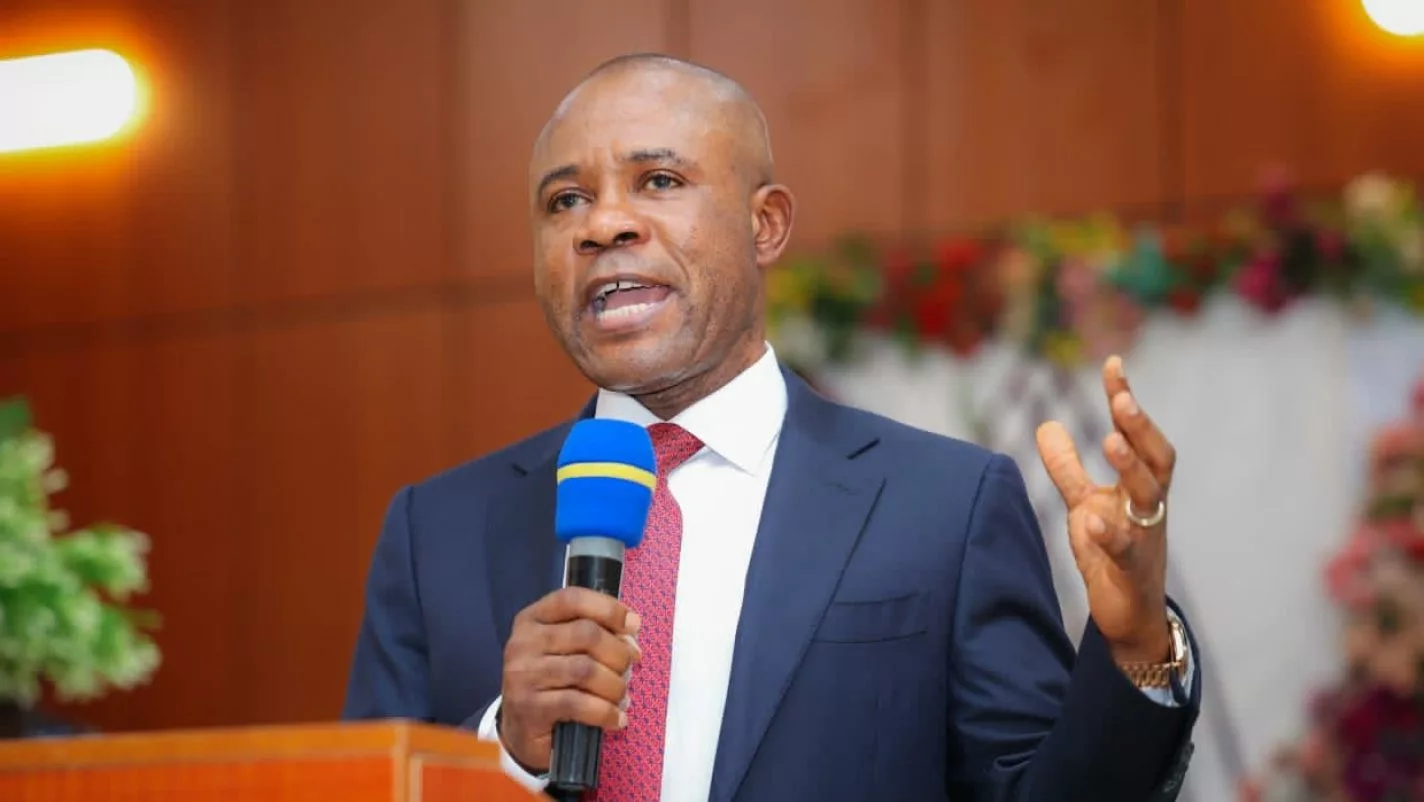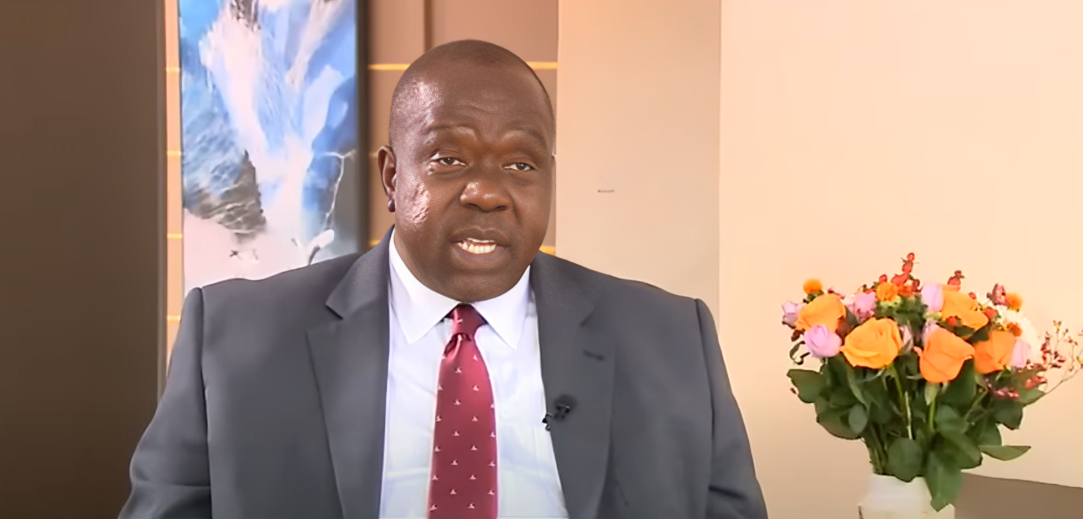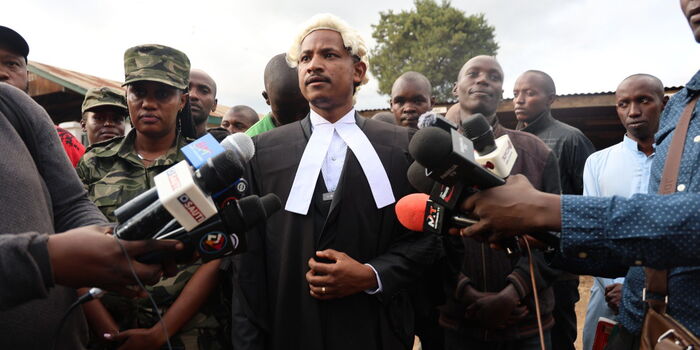Regional Conflict Mediation and Gender Awareness Initiatives
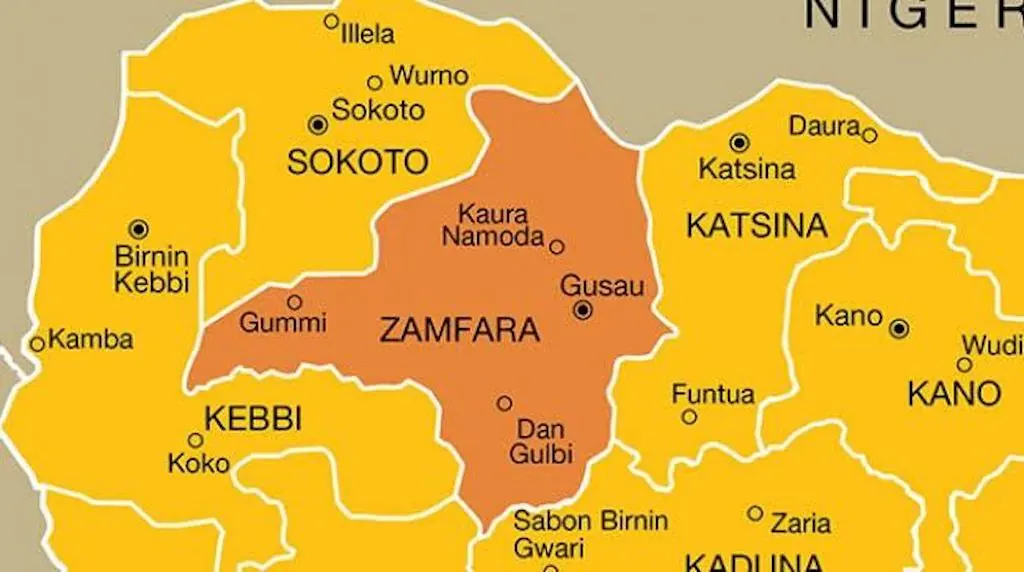
The Focal Non-Governmental Organization (NGO) for Zamfara State Agro-Climatic Resilience in Semi-Arid Landscape Project (ACReSAL), HESCO, organized a community sensitization workshop on gender awareness as part of its implementation plan. The primary objective of the workshop, held in Gusau, was to educate and sensitize community members on the importance of gender awareness, prevention of Gender-Based Violence (GBV), and Prevention of Sexual Exploitation and Abuse (PSEA) in the state.
The Executive Director of HESCO, Abdullahi Bungudu, stated that the workshop was organized for members of Local Government Project Implementation Committees (LGPICs), Community Interest Groups (CIGs), farmers, religious leaders, traditional leaders, youths, and community associations from the two catchments of three Local Government Areas (LGAs) under the ACReSAL project, specifically Bungudu, Kaura Namoda, and Gusau.
Representatives from the ACReSAL project encouraged participants to actively engage and share the knowledge gained with other community members. They emphasized the importance of establishing early reporting mechanisms for GBV and PSEA cases to the appropriate authorities. The resource persons thoroughly explained the various forms of GBV, effective ways to prevent PSEA, and the crucial roles community members play in promoting a safe and respectful environment.
The workshop aimed to empower participants with the necessary knowledge and skills to contribute to creating a protective and supportive community. This initiative underscores HESCO’s commitment to implementing the ACReSAL project in a manner that prioritizes the well-being and dignity of community members, particularly vulnerable groups. By promoting gender awareness and preventing GBV and PSEA, the project seeks to foster a resilient and thriving community that benefits from its interventions.
Ethiopia has sought to reposition itself as a pivotal peace broker in the Horn of Africa, driven by strategic interest, historical ties, and a desire to foster stability. Historically, Ethiopia has acted as a host and mediator in various regional conflicts, including in South Sudan and Somalia. Since Prime Minister Abiy Ahmed's government came to power in 2018, there has been a renewed push towards institutionalizing Ethiopia's role in regional diplomacy. Abiy's administration, inspired by a Pan-Africanist vision, has worked to reset relations with neighboring countries and mediate disputes that threaten the region's fragile peace.
One of the most notable diplomatic achievements was the peace deal between Ethiopia and Eritrea in 2018, ending two decades of hostility. Prime Minister Abiy's leadership in brokering this peace earned him the Nobel Peace Prize in 2019. Following the Eritrea rapprochement, Ethiopia increased its involvement in South Sudan, playing an instrumental role in facilitating negotiations between warring factions as part of the Intergovernmental Authority on Development (IGAD). In Somalia, Ethiopia has deployed troops under both bilateral arrangements and the African Union Mission in Somalia (AMISOM), while also working through diplomatic channels to foster dialogue and support Somali-led reconciliation processes.
Beyond bilateral interventions, Ethiopia has advocated for a more institutionalized approach to regional peace and security, championing the strengthening of IGAD's mandate and capacity to resolve conflicts. Ethiopia has hosted numerous IGAD summits and supported initiatives such as the regional early warning system and mechanisms for preventive diplomacy. In the wake of internal resolution, Ethiopia has reinvigorated its regional diplomacy, emphasizing reconciliation and cooperation.
Ethiopia has continued to advocate for African Union-led dialogue mechanisms as the preferred means of resolving issues like the Grand Ethiopian Renaissance Dam (GERD) dispute. Ethiopia’s peace initiative also includes a strategic economic dimension, seeking to unlock regional trade, investment, and infrastructure development. The country's development agenda relies on stable and cooperative neighbors, with initiatives like the Lamu Port-South Sudan-Ethiopia Transport Corridor (LAPSSET) underscoring the relationship between peace and economic integration.
Ethiopia has sought to position itself as a moral and intellectual leader in regional peacebuilding, hosting international conferences and forums on peace, security, and development. Despite its ambitious agenda, Ethiopia's mediation efforts face challenges, including shifting alliances, external interventions, and the legacy of mistrust among Horn of Africa states. Ethiopia has turned its attention to the situation in Sudan, calling for dialogue and offering to mediate.
The success of Ethiopia's peace brokering initiative depends on maintaining internal stability, strengthening regional cooperation, constructively engaging global actors, and promoting sustainable development and inclusive governance. Ethiopia's role as a peacemaker represents a necessary endeavor, leveraging its strategic position, historical ties, and diplomatic assets. While challenges remain, the initiative has the potential to reshape the Horn of Africa towards a more peaceful and integrated future.

